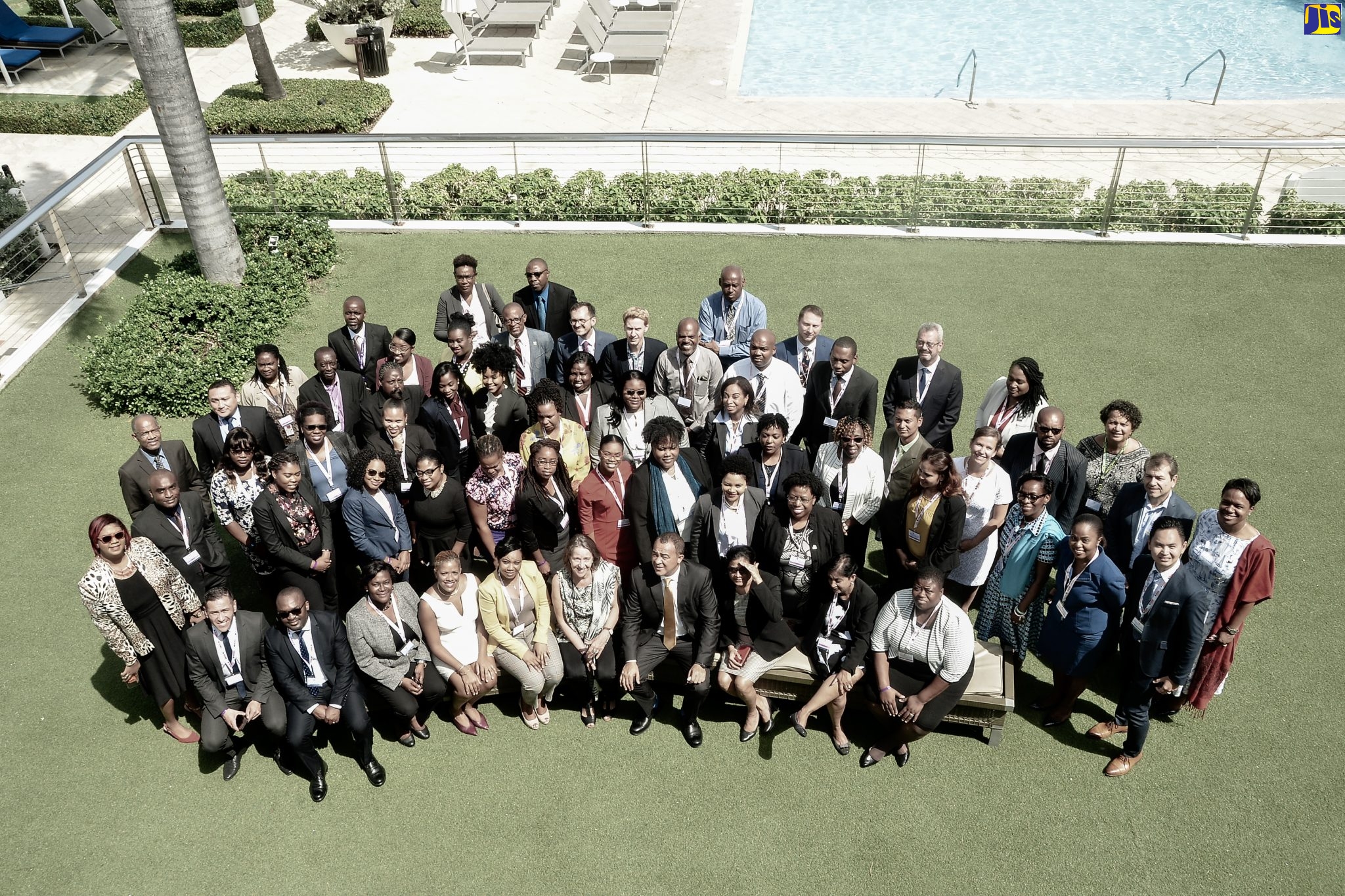Head Of FCTC Secretariat Highlights Importance Of Eliminating Illicit Trade In Tobacco Products
By: , October 10, 2019The Key Point:
The Facts
- Calling it the first legally binding instrument adopted under the World Health Organization (WHO) FCTC, Dr. da Costa e Silva said that, to date, the Protocol counts 56 Parties, including six Parties (Brazil, Costa Rica, Ecuador, Nicaragua, Panama and Uruguay) from the WHO Region of the Americas, but none from the Caribbean States.
- “The coming into force of the Protocol in September 2018 was a milestone. It contains a full range of measures to combat illicit trade in tobacco products distributed in three categories: preventing illicit trade, promoting law enforcement, and providing the legal basis for international cooperation,” she said.
The Full Story
Head of the Framework Convention on Tobacco Control (FCTC) Secretariat, Dr. Vera Luiza da Costa e Silva, says the move to eliminate illicit trade in tobacco products (the Protocol) was a milestone in the history of tobacco control and public health.
Calling it the first legally binding instrument adopted under the World Health Organization (WHO) FCTC, Dr. da Costa e Silva said that, to date, the Protocol counts 56 Parties, including six Parties (Brazil, Costa Rica, Ecuador, Nicaragua, Panama and Uruguay) from the WHO Region of the Americas, but none from the Caribbean States.
“The coming into force of the Protocol in September 2018 was a milestone. It contains a full range of measures to combat illicit trade in tobacco products distributed in three categories: preventing illicit trade, promoting law enforcement, and providing the legal basis for international cooperation,” she said.
Dr. da Costa e Silva, who was speaking at the WHO FCTC Multisectoral Workshop to Promote the Protocol to Eliminate Illicit Trade in Tobacco Products, at the Hilton Rose Hall Resort, Montego Bay, St. James, on October 8, explained that the Protocol’s aim is to secure the supply chain of tobacco products, through licensing, due diligence and record-keeping.
She added that it also requires the establishment of a global tracking and tracing regime that will allow Governments to effectively follow up tobacco products from the point of production to the first point of sale.
“In order for it to be effective, the Protocol provides for intensive international cooperation, including information sharing, technical and law enforcement, cooperation, mutual legal and administrative assistance, and extradition,” Dr. da Costa e Silva added.
She emphasised that effective implementation of the Protocol must involve the collaboration of government agencies, including customs, finance, justice and law enforcement, with the close engagement of the health sector, as, ultimately, the Protocol’s success will be measured in public health gains.
“Here in Montego Bay we have taken the first steps on a journey to combat the illicit tobacco trade in the Region. Illicit trade is estimated to account for one out of 10 cigarettes consumed. This makes cigarettes more affordable and available and increases consumption, among youth in particular. Ultimately, the Protocol is about protecting the future generation from the harms of tobacco, be it licit or illicit,” she added.
In the meantime, Minister of Health and Wellness, Dr. the Hon. Christopher Tufton, said that a reported nine to 11 per cent of the global cigarette market is illicit, reaching 50 per cent or more in low- and middle-income countries.
He added that estimates show that if the illicit trade in tobacco is eliminated globally, governments would gain at least US$30 billion annually in tax revenue, and one million premature deaths would be avoided every six years due to higher average cigarette prices and lower consumption.
“Fortunately for us, with requirements for a tracking and tracing regime, as well as global information sharing, including records of investigations and prosecutions, we have in the Protocol a tool to arrest the scourge of the illicit trade in tobacco products and the associated public health risk. However, it cannot work for us if it is not ratified,” Dr. Tufton argued.
“Understanding this, we are taking the necessary steps in Jamaica for its ratification and effective implementation. We are to make a Cabinet submission on the matter by the end of this month and have, up to now, made a number of other moves,” he said.
These, he said, include collaboration among ministries, departments and agencies (MDAs) of government to seize illicit products and prosecute offenders for offences related to illicit tobacco products, in addition to ongoing sensitisation activities involving various stakeholders on the Protocol.
More than 60 delegates, representing 13 countries, are participating in the three-day workshop.




